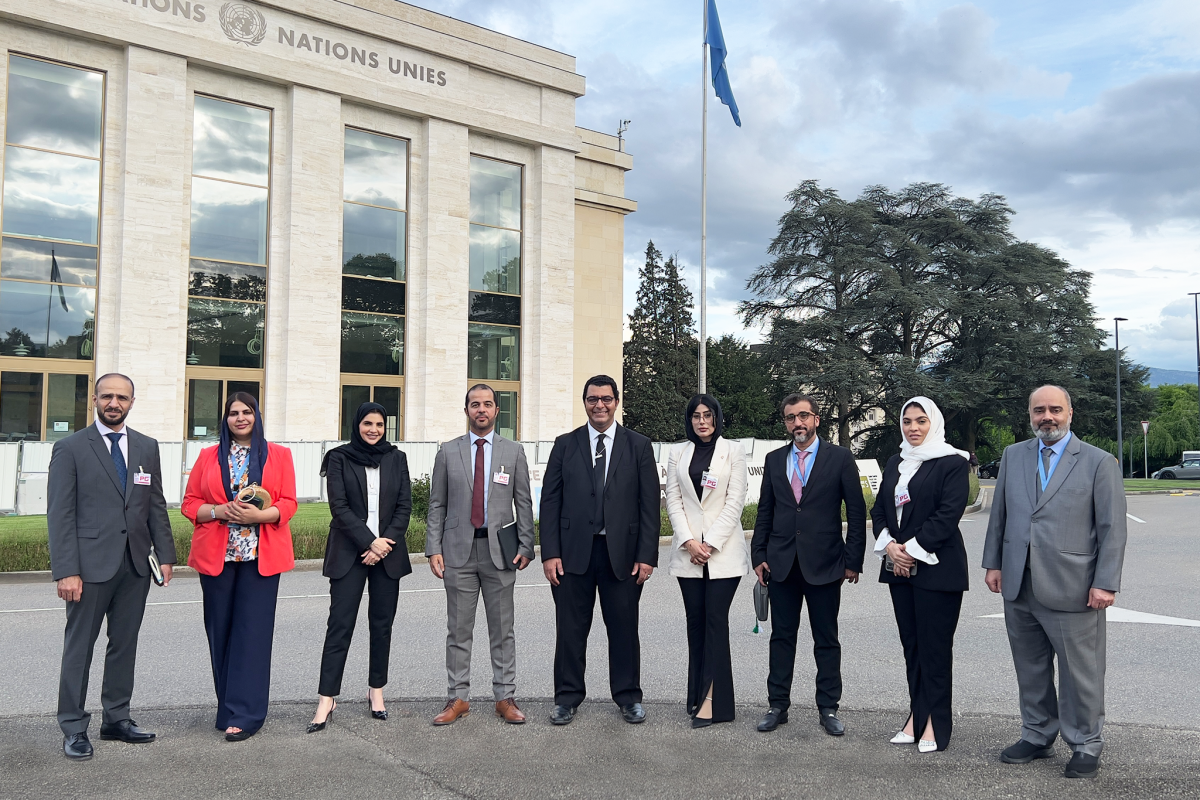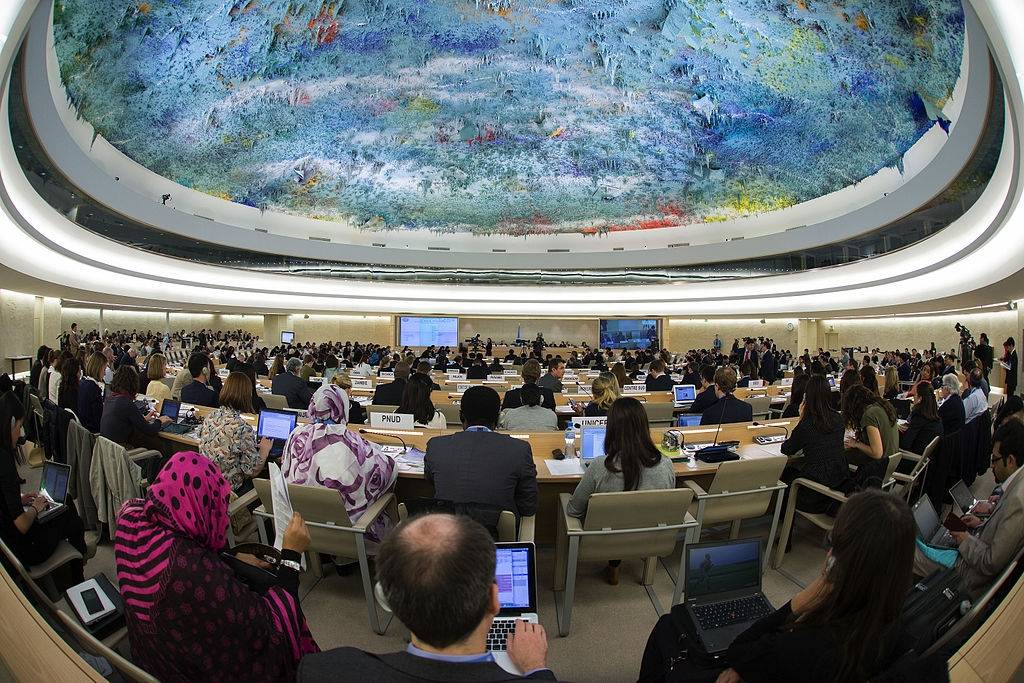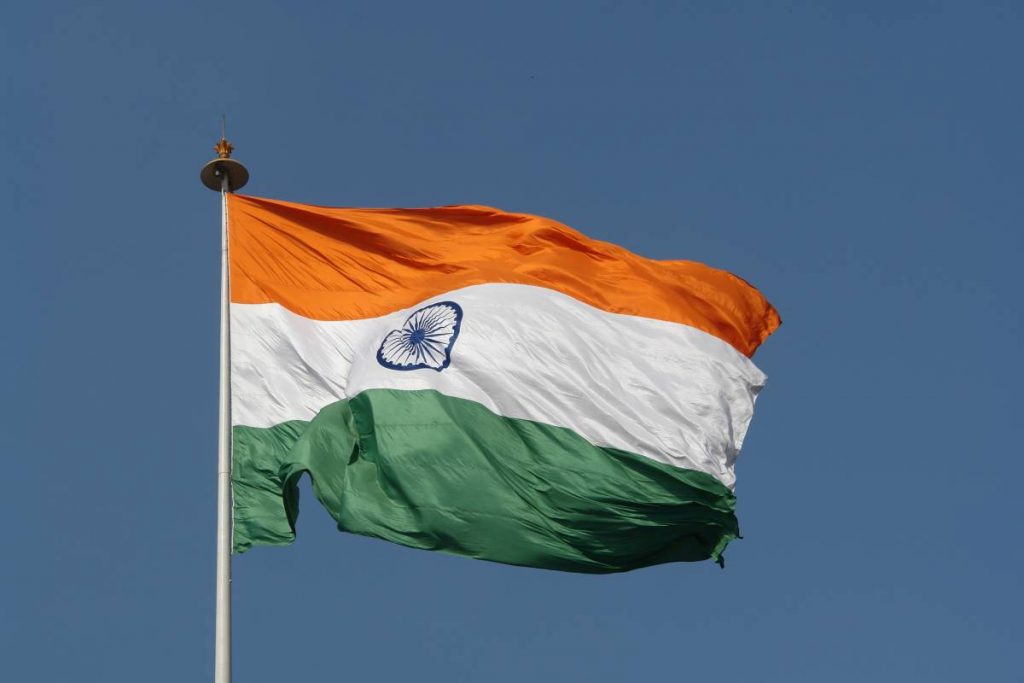Al Awadhi pointed out the UAE’s “advanced technological infrastructure, which contributed to developing online and smart systems used in inspections and proactive monitoring.”…reports Asian Lite News
The UAE presented to the UN’s Human Rights Council (HRC) its legislative ecosystem, which regulates the local labour market, provides social security and ensures decent working conditions to UAE workers in line with the Paris Principles.
Several UAE federal and local government entities as well as civil society organisations constituted the delegation for the country’s fourth Human Rights Report at HRC in Geneva. “In the past few years, the UAE has updated its legislations governing private sector employment relationships. A transparent contractual policy for workers in the UAE was developed and implemented, in which it holds recruitment agencies responsible for informing foreign workers of their employment rights, terms and conditions before leaving their countries,” Shayma Al Awadhi, Acting Assistant Undersecretary for Communication and International Relations at the Ministry of Human Resources and Emiratisation (MoHRE) said.
“It has also been prohibited charging these workers any recruitment fees and dealing with any unlicenced recruitment agencies or agents in the UAE or abroad.”
“The new labour legislations include clear legal provisions that define and prohibit discrimination on all grounds as defined in international conventions. The legislations also ban any form of violence against workers as well as sexual harassment in the workplace; granting them the right to immediately terminate their employment relationship without compromising their rights if they were violated,” she added.
“MoHRE has provided workers across all professional levels with multiple channels to submit legal inquiries and receive their complaints in more than 20 languages. Support is provided to workers, alongside reconciliation with employers to settle disputes amicably; if such settlements were not possible, they would be referred to the judiciary.”
Al Awadhi pointed out the UAE’s “advanced technological infrastructure, which contributed to developing online and smart systems used in inspections and proactive monitoring.”
“These include a system that recognises risk factors through which priority is given to inspecting high-risk establishments, as well as the Wages Protection System (WPS), which supports the financial stability and mental wellbeing of workers and their families,” she said.
“MoHRE is responsible for examining the compliance of private sector establishments and their workers’ accomodations with the conditions set by legislation that guarantees the rights of workers to decent working conditions and housing.
“We have also introduced an Unemployment Insurance Scheme, which covers workers in the UAE – citizens and residents alike. The Scheme provides a temporary financial income for those who lost their jobs according to specific conditions.
“Another insurance system has also been developed for workers’ unpaid remunerations, including late wages and compensation for work injuries.” (ANI/WAM)



